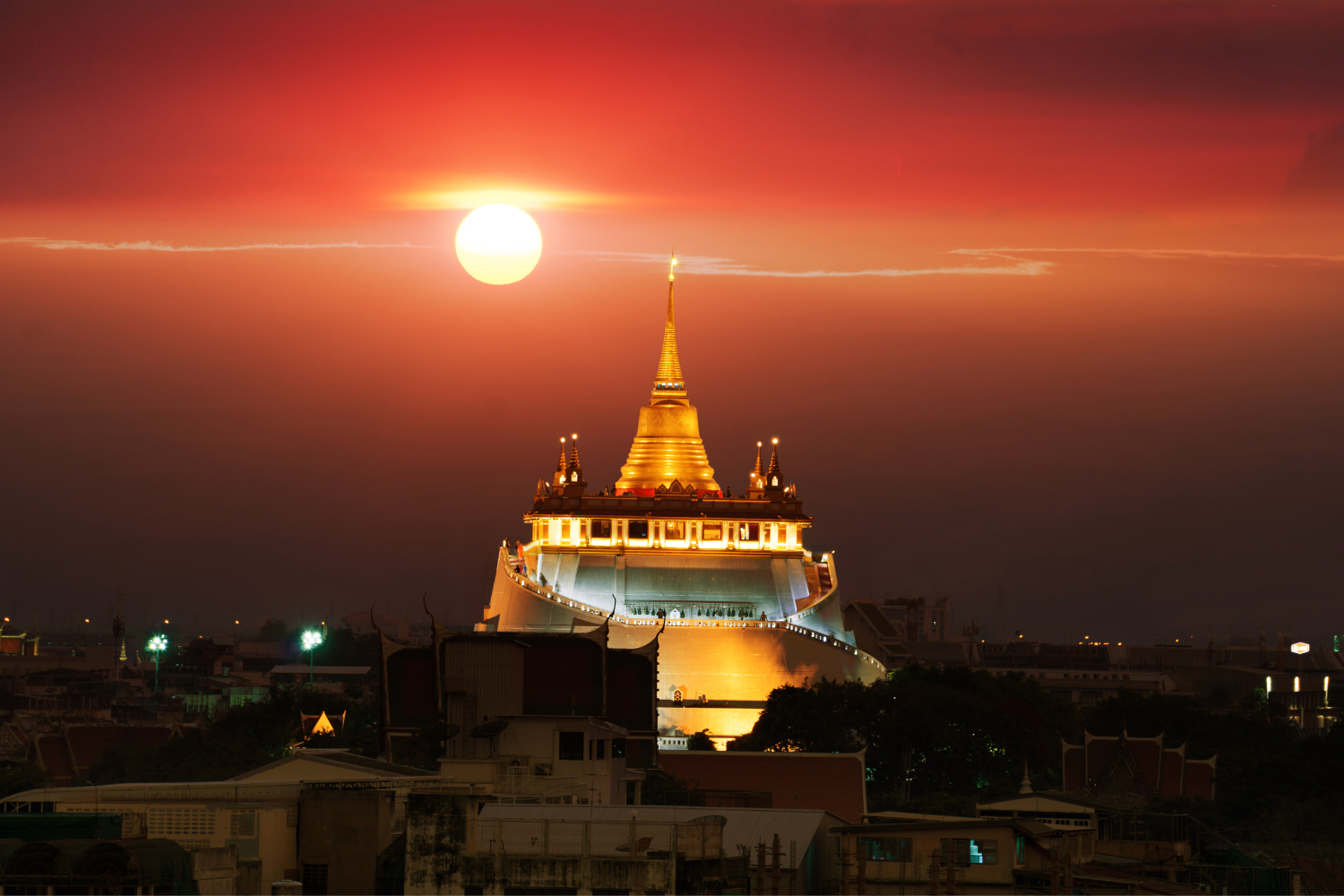Ayodhya is a city located in the northern Indian state of Uttar Pradesh, and is widely known as the birthplace of Lord Rama, one of the most revered figures in Hindu mythology. The city has a rich and complex history that spans over several centuries and is deeply intertwined with the religious and cultural heritage of India. According to Hindu mythology, Ayodhya was founded by Manu, the first man on earth, and was later ruled by several dynasties, including the Ikshvaku dynasty, which is believed to have been founded by Lord Rama's ancestor, King Ikshvaku. The city is mentioned in several ancient texts, including the Ramayana, Mahabharata, and the Puranas.
The Ramayana is an epic poem that tells the story of Lord Rama's life, and is considered one of the most important works of Hindu literature. According to the Ramayana, Ayodhya was ruled by King Dasharatha, Lord Rama's father, who had three wives and four sons. Lord Rama was the eldest son and was supposed to inherit the throne, but due to a series of events, he was exiled to the forest for 14 years. He later returned to Ayodhya and was crowned king, a day celebrated as Diwali by Hindus all over the world.

Ayodhya's importance as a religious and cultural center continued to grow over the centuries, and the city became a hub of art, literature, and architecture. The city was ruled by several dynasties, including the Mauryas, Guptas, and Mughals, and each dynasty left its mark on the city's culture and architecture.
In the 16th century, Ayodhya became the center of a major religious conflict between Hindus and Muslims. The conflict centered around a mosque known as the Babri Masjid, which was built in the 16th century by Mughal emperor Babur on the site of a Hindu temple believed to be the birthplace of Lord Rama. The mosque was a source of tension between Hindus and Muslims for several centuries, and in 1992, it was demolished by Hindu nationalists, leading to widespread violence and communal riots across India.
Today, Ayodhya is a major pilgrimage site for Hindus, and attracts millions of devotees every year. The city is home to several temples and shrines dedicated to Lord Rama, including the Ram Janmabhoomi temple, which is built on the site believed to be the birthplace of Lord Rama. The city is also known for its vibrant culture, and is famous for its handicrafts, textiles, and cuisine.

In conclusion, Ayodhya's history is deeply intertwined with the religious and cultural heritage of India, and the city has played a major role in shaping the country's identity. Despite the conflicts and controversies that have surrounded the city, Ayodhya remains a symbol of India's rich and diverse cultural heritage, and continues to inspire millions of people around the world.


